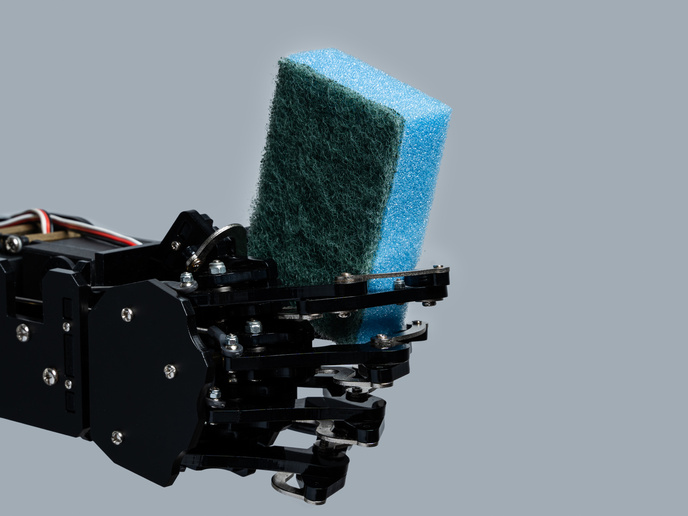How susceptible is household work to automation?
Almost 40 % less time on unpaid domestic work – this is what British and Japanese experts say we can look forward to in 10 years, according to a study supported by the EU-funded FAMSIZEMATTERS and GenTime projects. The study, whose findings have been published in the open-access journal ‘PLOS ONE’, gives us an idea of how much labour AI could save us at home. It also shows how predictions are socially contingent, highlighting the importance of taking this aspect into account in future forecasts. Researchers from the United Kingdom and Japan asked 65 AI experts to estimate how automatable housework and childcare tasks are. Focusing on 17 tasks, the experts predict that 39 % of the time we currently spend on such tasks could be automated within the next 10 years. “If it is true that robots are taking our jobs, then it appears that they are also capable of taking out the trash for us,” the study authors wrote. The most automatable task identified by the experts was grocery shopping, 59 % of which will most likely be performed by AI, followed by service use (52 %) and other shopping (50 %). Other tasks we might be doing much less of within a decade are household cleaning, dishwashing and cooking, around 46 % of which the experts deemed automatable. AI “could free up additional hours from people’s lives for paid work and leisure, especially for women,” reports the study. The least automatable task of the 17 analysed was physical childcare, at close to 21 %. Care work was generally predicted to be more difficult to automate, with an average estimate of 28 % within 10 years. Interestingly, the reasons most experts cited for this difficulty were not technical in nature. Instead, they spoke about how socially acceptable it was to delegate childcare to machines, how it affected a child’s development and its privacy implications. They also noted that it is household budgets that determine the kinds of technologies that are developed and marketed, since most manual tasks are automatable. The “real bottleneck,” according to one expert, is the “cost of that automation.”
The gender divide
The study partly funded by FAMSIZEMATTERS (Family size matters: How low fertility affects the (re)production of social inequalities) and GenTime (Temporal structures of gender inequalities in Asian and Western welfare regimes) also found that the experts’ outlook was affected by their gender. Male experts in Japan were less optimistic about the prospects of domestic automation than their British counterparts, justifying their pessimism by citing a low demand for domestic automation considering its high cost. The researchers’ attributed this to Japan’s stark gender disparities. “It would not be uncommon for Japanese men in expert positions to have almost no personal experience of major domestic work tasks, which they delegate instead to their wives,” the authors explained, going on to state that only 52 % of Japanese men aged 20-59 reported doing some domestic work, compared to 88 % in the United Kingdom. “In contrast, Japanese women in expert positions have likely had to struggle significantly to balance work and family to reach such positions; as a result, they may see greater demand for domestic automation technologies even at a high cost.” For more information, please see: FAMSIZEMATTERS project GenTime project website
Keywords
FAMSIZEMATTERS, GenTime, chore, domestic, household, unpaid domestic work, childcare, automatable, gender



